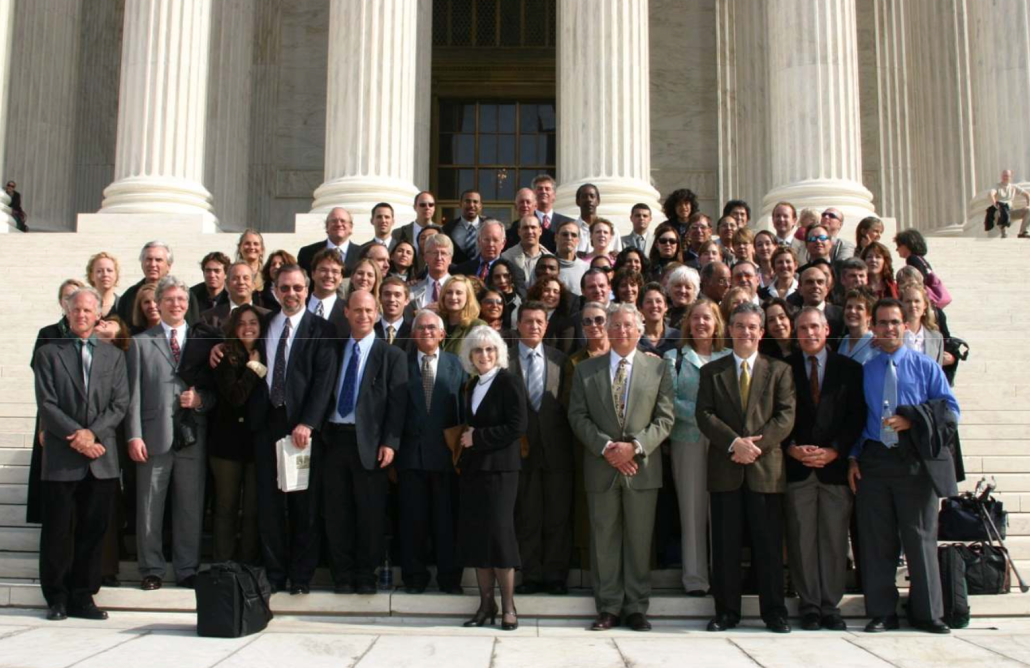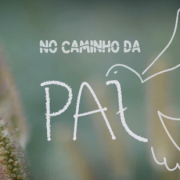15 years since the UDV’s U.S. Supreme Court Victory
André Fagundes*
| 4 March, 2021
February 21st of this year marked the 15th anniversary since the United States Supreme Court published the decision that guaranteed the Beneficent Spiritist Center União do Vegetal the free exercise of religious worship in the US. The UDV’s unanimous victory in the highest court of law in the US is a landmark not just for the institution and its affiliates, but also for the defense of the fundamental right to free exercise of religion. For this reason, the case is considered one of the most important religious freedom cases ever tried by the country’s Supreme Court in the last century.
The case began with the seizure of shipments of Vegetal at the office of Mestre Jeffrey Bronfman (the Mestre Responsible for the UDV in the United States at that time, a Member of the Council of Administration and the Representative Mestre of Nucleo Santa Fe – New Mexico, under the supervision of the General Representative Mestre) on May 21st, 1999, which was followed by threats of criminal prosecution by American authorities.
Under the careful strategic guidance of Mestre Jeffrey, closely monitored by the General Representation, a dialogue with the American government continued for 18 months, which included the holding of a Seminar with some of the main authorities in the areas of religious studies, anthropology and sociology, in addition to presenting medical research on the religious use of Hoasca tea. This event aimed to properly present the UDV to the American authorities: its cabocla origin, its religious doctrine, the organization of its ritual and the sacramental use of Hoasca tea.
Despite the consistency of the clarifications provided by specialists with worldwide notoriety – such as Huston Smith, Marlene Dobkin de Rios and Dr. Charles Grob -, and the efforts of the leaders of the União do Vegetal to cooperate with the country’s authorities to resolve the issue in an agreeable manner, the American government remained adamant, which is why the UDV had to bring a lawsuit before the American Court System in order to secure its constitutional right to religious freedom.
After extensive and in-depth research into the effects of Hoasca tea on human health and despite Judge James Parker’s decision at the Trial Court level, it became evident that the US Government’s claim that its use would be harmful was unfounded, given the religious context in which it is administered, coupled with the supervision by members of the Center’s Leadership (experienced members who occupy a place of responsibility within the institution’s hierarchy), which makes the environment where the UDV members receive their sacrament a safe one.
In addition to the sincerity in the beliefs held by the UDV members, the Court took notice of the fact that the institution’s leaders work out of devotion for the religious work, without receiving any type of financial compensation, and that the professed religious doctrine is not imposed on practitioners, but rather encouraged to be examined.
The investigative proceedings regarding the effects of the Hoasca tea included thorough explanations by Dr. Glacus de Souza Brito (in memoriam) (Mestre of the UDV, consultant for the World Health Organization and Director of the União do Vegetal’s Medical and Scientific Department – DEMEC, at that time).
In light of the care taken in importation, storage and use of the Vegetal, as well as noting the absence of any deviation from sacramental purpose for commercial or recreational use by the religious institution, the Supreme Court unanimously confirmed the decision of the Tenth Circuit Court of Appeals. The Court of Appeals had upheld the decision of Judge Parker, who authorized the use of the Hoasca tea in the rituals of the União do Vegetal.
This unanimous victory, achieved on November 1st, 2005, is yet another confirmation of the Mestre’s word that the União do Vegetal is permanently planted on the Earth. It also demonstrates the trust and perseverance of the disciples that, like Paul the Apostle, fought the good fight and kept the faith (2 Timothy 4:7)
Currently, the União do Vegetal maintains regularly operating temples in eight US states: California, Colorado, Connecticut, Florida, New Mexico, Washington, Texas and Hawaii.
*André Fagundes is a Legal Advisor to the Novo Encanto Association for Ecological Development and a member of the Instructive Body of Nucleo Samaúma (São Paulo-SP).
>> Read more: Legal Right for the Religious Use of Hoasca Tea.
 English
English Português
Português Español
Español




Leave a Reply
Want to join the discussion?Feel free to contribute!